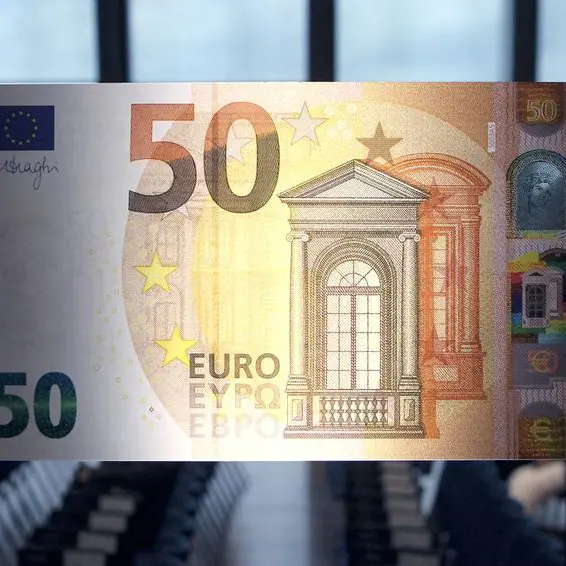Natural gas price shocks have an increasingly important impact on euro zone inflation although still not as much as oil price fluctuations, fresh research published by the European Central Bank showed on Monday.
Natural gas prices soared at the start of Russia’s war in Ukraine in early 2022, helping drive euro zone inflation into double digits by the autumn of that year and setting off the ECB’s steepest rate hike cycle to date.
Gas prices used to be tied to oil but the two have decoupled over the past two decades as markets were liberalised and gas now plays a unique, standalone role.
“Compared to oil price shocks, gas price shocks have about one third smaller pass-through to headline inflation,” the paper’s authors, economists at the Banco de Espana and the ECB, said.
“Gas is more important in the production side than in the consumption basket so that indirect effects dominate,” the paper said.
The authors argued that a 10% increase in the gas price leads to a pass-through of roughly 0.1 percentage point, with persistent inflationary effect beyond one year.
“Considering that the surge in gas prices between the beginning of 2022 and the peak reached in August 2022 was close to 200%, this would translate into an increase of inflation of roughly 2 percentage points,” the paper estimated.
Gas prices have since retreated and energy prices exerted downward pressure on inflation for much of this year, with natural gas prices moving within a relatively narrow band around their mid-2021 levels.
Unexpected gas prices shocks have a bigger inflationary impact on countries that tend to be more intensive users of gas in production or power generation, the researchers said.
“Our results suggest unexpected gas price changes matter more for German, Spanish and Italian than for French inflation,” the paper said.

